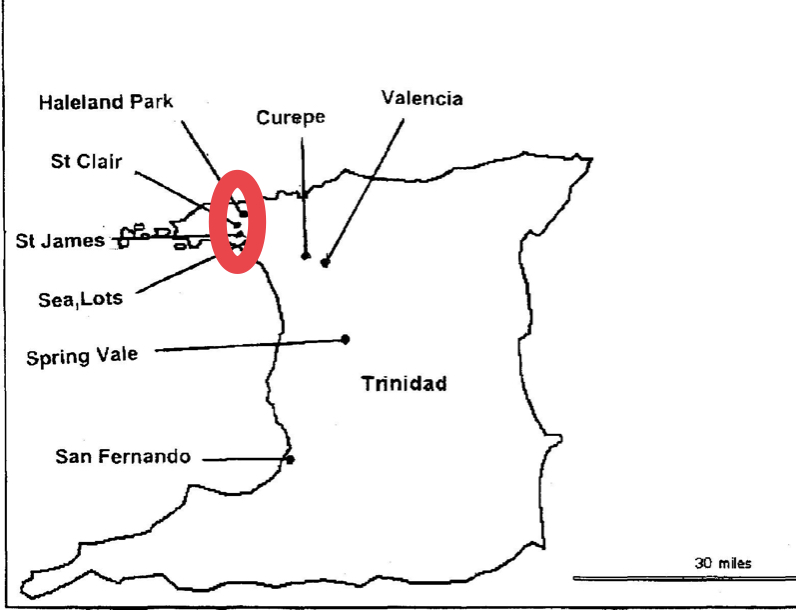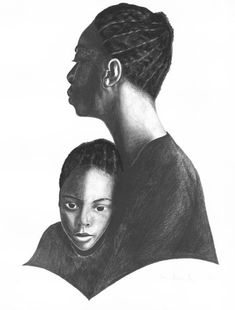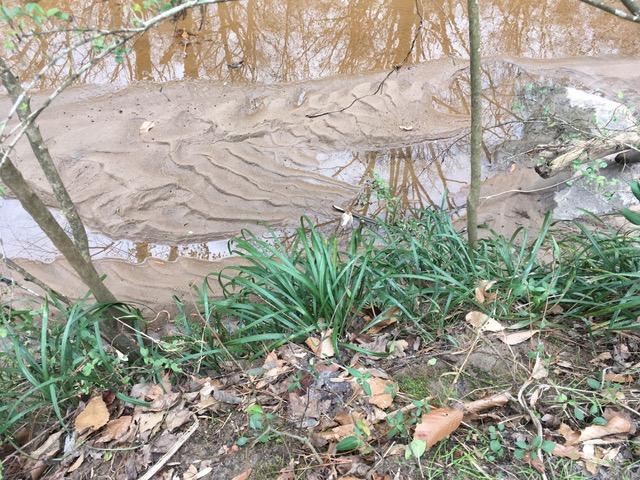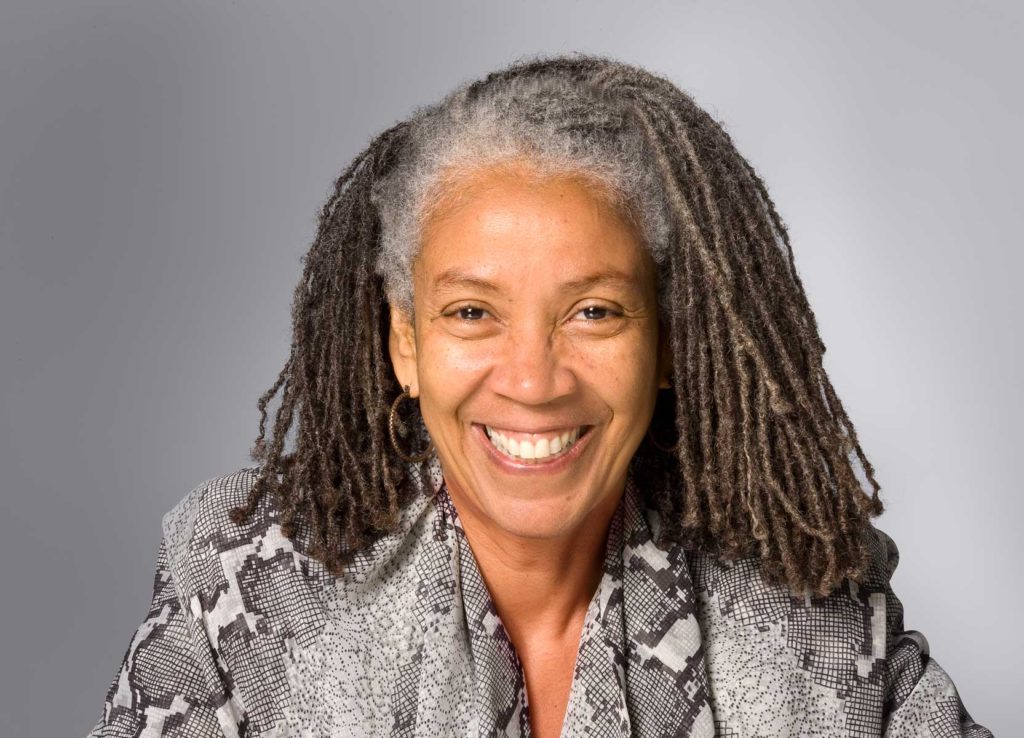|
Getting your Trinity Audio player ready...
|
Reading Time 5 mins
#MothersDay #ILoveMyMom #HappyMothersDay #MotherLove
May 10, 2020
“The baby monkey holds on to its mother who jumps from tree to tree. The baby holds on to its mother for life knowing for sure that a slip in his responsibility might become a fatal mistake. The kitten on the other hand cannot and does not make anything to protect itself. It continues to do just mewing letting the mother know its needs. Wherever the mother decides to take it to, sometimes on a nice cushy bed, and sometimes on a poor bed of haystacks, it has to accept that and live there.”
– Swami Ishtananda
For some of us, Mother’s Day as it is generally celebrated is not a day of celebration. We have had to adapt the tradition of honoring the queen in our lives to suit our purposes. In my case, my mother has long been deceased so my way of memorializing her does not depend on society granting me a space to honor her legacy. When I hear the advertisements and discussion panels repeat their mantras of motherhood, mostly traditional, I am forced to ask myself how many people listening to these programs turn off the radio, television, or podcast. I generally turn inward and recall my time spent studying the tradition of celebrating Sri Sarada Devi in the Hindu denomination that I have been associated with for over twenty-five years.

The female energy, known as Sakti, is evident everywhere that our eyes can see. The Divine is not confined to one gender or the other, according to this tradition. Mother is the creator, sustainer, and destroyer of all life forms. That one substance is what we know as life. It is called by many names in different traditions. I can only refer to the traditions with which I am familiar. They are Christian and Hindu. Being raised Christian and then choosing Hinduism as my “family of choice” I find myself quite comfortable referencing both modes to sustain my spiritual development.
I grew up in a predominantly Hindu neighborhood in Trinidad. It was customary for all the neighbors in the community to share the holidays and the food that was part of the celebration, whether you were Hindu, Muslim, or Christian. In fact, I didn’t even know that I was steeped in Hindu traditions until I met a community of Hindus when I studied in New York. It was that passage of time that gave me the space to name the Hindu traditions that had formed my growing years as a young person in St. James, Port of Spain.

Studying the sacred literature of the Hindus has given me a sense of home that I thought was simply relegated to the kinds of food that I preferred to eat. I would always tell my family that when I landed in Trinidad after a stint at school in New York or Boston, the first thing that I needed was a red Solo soft drink and a roti with shrimp in it. I couldn’t see the Indian in me for a long time. My sensibility was definitely a truly “trini thing” as far as having a mixture of cultures shape my tastes and preferences in food, clothes, music, and artistic expression.
I am reminded of this “non-traditional” perspective when I read Dan Newman’s poem “Co(existence)vid-19)”. The line that took my breath away: “She said ‘The wolf and the sheep are the same animal, now get out of my office.'” The response to the protagonist in the poem was not only unexpected, but it summoned my Mother response from a Hindu perspective. I was reminded of the sentence painted on the wall in the chapel at the Vedanta Society of New York: “Truth is one, men call it variously.” It is a quote from the Vedanta, the final writings or summary of The Vedas. This sentence calls up the bonds of our human community.
Each person has their perspective and each view is a window on ONE reality. Therefore, it seems to me, we can celebrate Mother’s Day in any way that we choose. It is alright to honor the creative energy that we hold responsible for the existence of our planet and all that it sustains in living expressions. Newman references “The Great Silence’‘ by Ted Chiang in his poem. It called up my grounding in Vedanta, the Hindu scripture that Swami Vivekananda espoused in his maiden speech at the Parliament of Religions in Chicago, 1893.

Mother is everywhere in every breath that we breathe. We cannot escape her presence as long as we live. If I am a product of my mother and father, so too am I the product of the essence that they represent. Every part of this planet is a product of the essence that this creative energy manufactures. Call it what we may, our essence is the Mother that we celebrate in the honorable events that some designate as Mother’s Day. By these cultural markers we pay attention to the divine in us and remind our best selves that we come from a noble spiritual heritage.
The Christians will insist, after St. Paul, that we are children of Christ. “for we are God’s workmanship, created in Christ Jesus to do good works, which God prepped in advance for us to do” (Ephesians 2, 10 NIV). Our mission, Hindus will point out, as “children of immortal bliss” is to shake off our ignorance of our heritage so that we can do justice to our spiritual inheritance. We must, the Hindu logic insists, get out from the illusion of our material existence.
The same demands for purity in the life that pursues such a consciousness is easy to detect in both Christian and Hindu cultures. Holy Mother, known as Sri Sarada Devi by her followers, always insisted that her devotees be aware of their heritage. She declared: “I am the Mother of all. I am the Mother of the good. I am the Mother of the bad, too” (Swami Tathagatananda, 2011, p. 67). By so acknowledging their spiritual root Sri Sarada assured all sincere aspirants that they could overcome any earthly difficulties that might threaten to undo them.

As children making our way in a world that is strange and threatening on every level, it is our innate belief that we will be protected by a Higher Power that leads us to safe harbor. This is why we seek the mothers in our lives. We know that there is a “divinity which shapes our ends” as Shakespeare reminded us.
Mother’s Day is every day for those who remember their essence and pay attention to the inner promptings of this feminine, motherly source. Soul force is mother wit. We lean towards the still, small voice that helps us to make sense of this life. Like Lao Tzu, we regularly ask ourselves if we have the kind of patience “to wait till your mud settles and the water is clear?” This line of questioning is the inheritance that our mothers have bequeathed to us for our safe passage through this vale of tears that we call life.

till your mud settles and the water is clear?
Can you remain unmoving
till the right action arises by itself?-Lao Tzu
Swami Lotus WaterMoon Refuge www.watermoonrefuge.org
/////////////\\\\\\\\\\\\ /////////////\\\\\\\\\\\\/////////////\\\\\\\\\\\\/////////////\\\\\\\\

**Dr.Joanne Kilgour Dowdy completed her Ph.D. in Literacy Studies at the University of North Carolina in Chapel Hill. She combines her education in literacy with her theater degree from the Juilliard School to help teachers become more effective in the classroom. Dr. Dowdy’s primary research interests include documenting the experiences of Black women involved in education from adult basic literacy to higher education. She authored/edited 16 books, including Minding Their Own Business: Five Female Leaders from Trinidad and Tobago, and her first children’s book, OLYMPIC HERO: LENNOX KILGOUR’S STORY, has been translated into Haitian Krewol.
